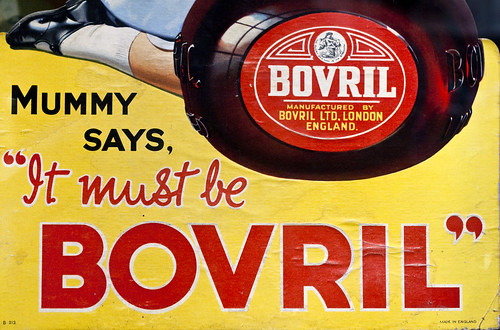So midterms are coming up, and continuing along the same vein of this course here are a couple interesting examples of scientists and professors communicating their profession through song.
First up is a collection of songs entitled “Metabolic Melodies” written by Dr. Kevin Ahern, a biochemistry professor just across the border at Oregon State University. What really separates his examples apart from others floating around the web are the excellent production values. Rather than writing new melodies for his songs, he takes existing popular music tunes from artists like Bob Dylan, Simon and Garfunkel and the Beatles and uses them to create quick, catchy study aids. By using familiar music the songs are more likely to get stuck in your head and thus are better able to retain the information. Also, although the listener at home will use it to supplement their studying, Dr. Ahern uses the songs in class and performs them live. As the videos on his website show, the performances are an excellent way to add energy to a lecture. Plus, instructing the students to sing along karaoke style to words displayed on an overhead seems to be a highly effective teaching technique. Unfortunately viewing them requires a YouTube account, so it is best to follow the links rather than embedding them here.
Here is a link to his full list of songs, as well as aforementioned videos. It’s worth it just to check out the names given to the various songs and which melodies he uses. My personal favourites are En-er-gy (to the tune of “Let It Be”) and The Tao of Hormones (to the tune of “The Sound of Silence”).
http://www.davincipress.com/metabmelodies.html
Finally here is a mainstay of science music, the venerable “The Elements” by Tom Lehrer. Written all the way back in 1959 it is popular enough that there is even an app for that. The Elements for iPad provides a nice animation along with the tune.
Here are both the song + animation and it’s Wikipedia entry for reference:


